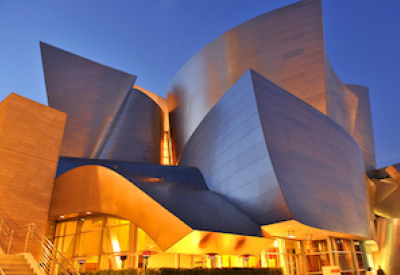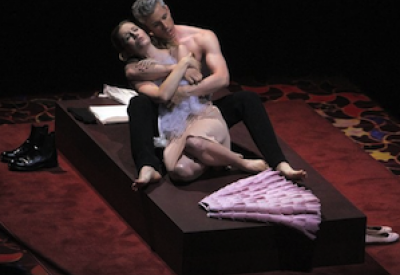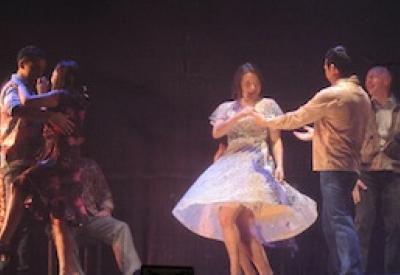Jim Farber wrote his first classical music review in 1982 for the Los Angeles Jewish Journal. Since then, he has been a feature writer and critic of classical music, opera, theater, and fine art for Daily Variety, the Copley Newspapers and News Service, and the Los Angeles Newspaper Group (Media News).









